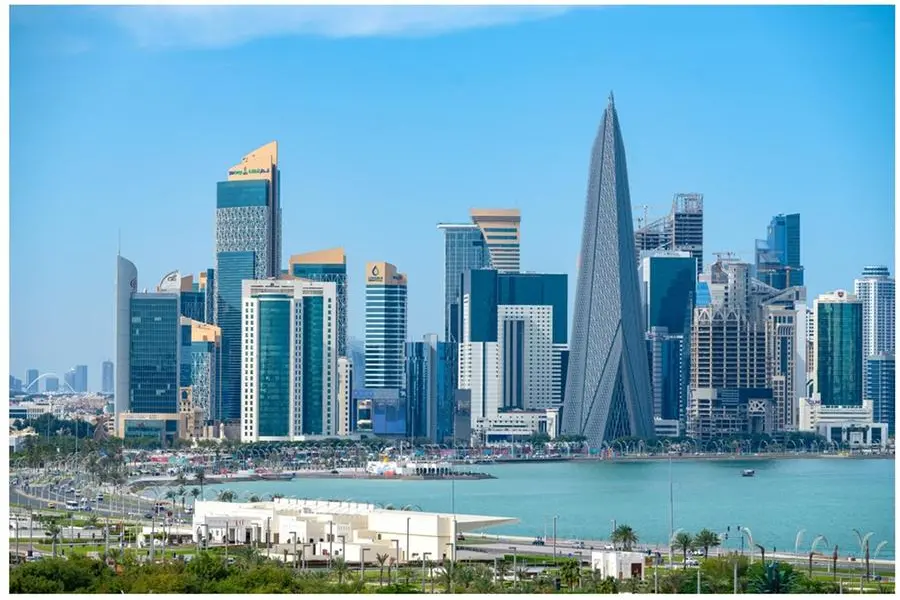PHOTO
Doha: The World Bank’s Chief Economist of the Middle East and North Africa (MENA), Roberta Gatti, has projected that the Qatari economy is expected to grow by 2% in 2024, with stable performance in the hydrocarbon sector and strong growth in the non-oil sector, particularly in tourism and construction.
Speaking to Qatar News Agency (QNA), Gatti pointed out that there is a steady performance in the hydrocarbon sector and any robust performance in the non-oil sector is particularly driven by tourism, which was very strong at the beginning of the year, but also by construction. She pointed out that Hydrocarbon will continue to be an important force for long term growth in Qatar, particularly starting from 2026, when projects aimed at increasing liquefied natural gas (LNG) production are set to enter the production phase.
She added that Qatar has secured important contracts with European countries and is diversifying markets in East Asia. The agenda of diversification continues as supported by the third National Development Plan that is looking at tourism, IT and other sectors as a way to diversify the economic base of the country.
When asked about the World Bank’s future growth projections and the current trends for the Middle East and North Africa region, Gatti projected that growth in MENA is expected to average 2.2% in 2024, a moderate increase from the 1.8% observed in 2023, but 1 percentage point below the pre-pandemic average.
This slight uptick in average growth for 2024, she said, is driven by GCC countries, which is anticipated to grow at 1.9% in 2024 up from 0.5% in 2023 sustained by the expansion of the non-oil sector in most GCC economies, in Saudi Arabia, for example, growth in the non-oil private GDP, which is estimated at 51% of the economy in 2024, is forecast at 4.4% in 2024. Still, growth in GCC countries is slower than previously anticipated because of lower-than expected oil production due to the extension of oil production cuts, World Bank’s Chief Economist of MENA underlined.
She told QNA that growth in MENA developing economies will slow down in 2024, because of pre-existing vulnerabilities, increased uncertainty, and direct exposure to the spillovers from the conflict, on top of global conditions, affirming that in developing oil importers, the forecast for 2024 averages 2.1%, from 3.2% in 2023, in developing oil exporters, the decline is from 3.2% in 2023 to 2.7% in 2024.
Gatti highlighted that growth in MENA is forecast to accelerate to 3.8% in 2025 under the assumption that the conflict will not worsen. Growth in GCC countries is expected to strengthen to 4.2% in 2025, indicating that growth in developing oil exporters is projected to accelerate to 3.3% in 2025, highlighting that Egypt is expected to lead the accelerated growth of oil-importing developing countries in 2025. Meanwhile, growth in developing oil importers is expected to improve to 3.5% in 2025, supported by investment growth and increase in private consumption.
Regarding what is required from the countries of the region to improve their economic performance in light of the foregoing results, World Bank’s Chief Economist of MENA pointed out that growth in 2024 was driven primarily by an increase in growth in GCC countries from 0.5% in 2023 to 1.9% in 2024, affirming that what happened in the GCC countries was actually an expansion and growth in the non-oil sector while the oil sector was still kind of kept back from the restrictions on oil production from OPEC Plus.
© Dar Al Sharq Press, Printing and Distribution. All Rights Reserved. Provided by SyndiGate Media Inc. (Syndigate.info).
The Peninsula Newspaper





















